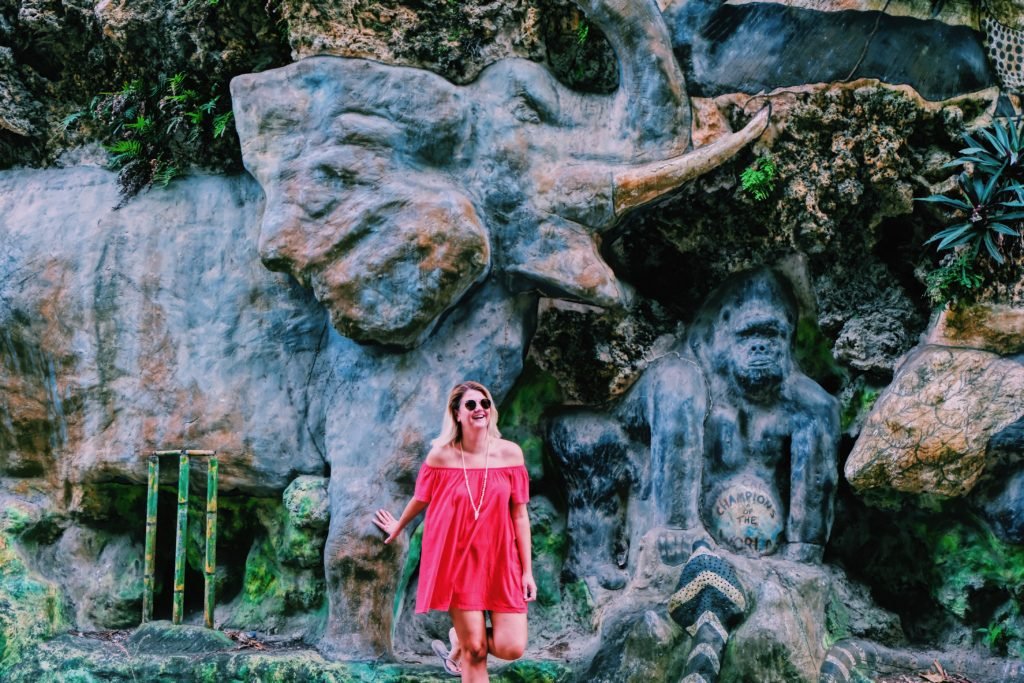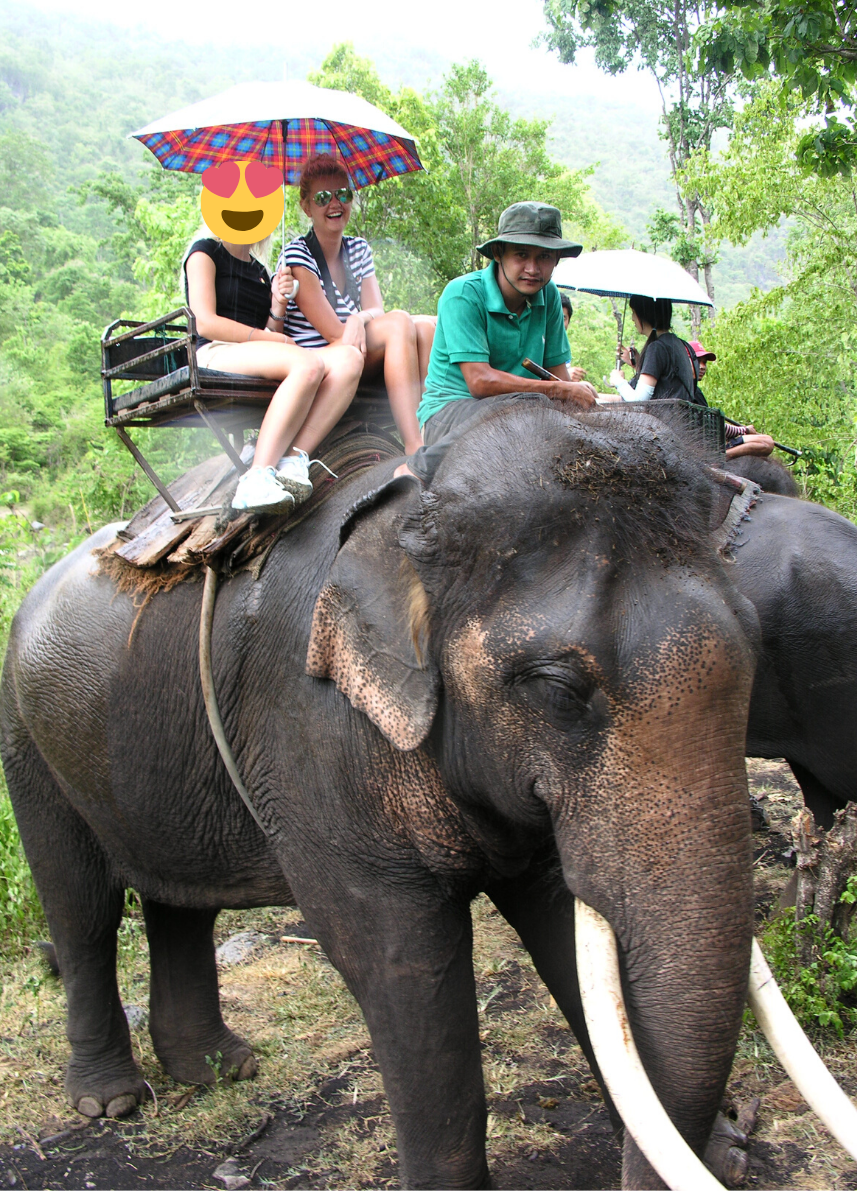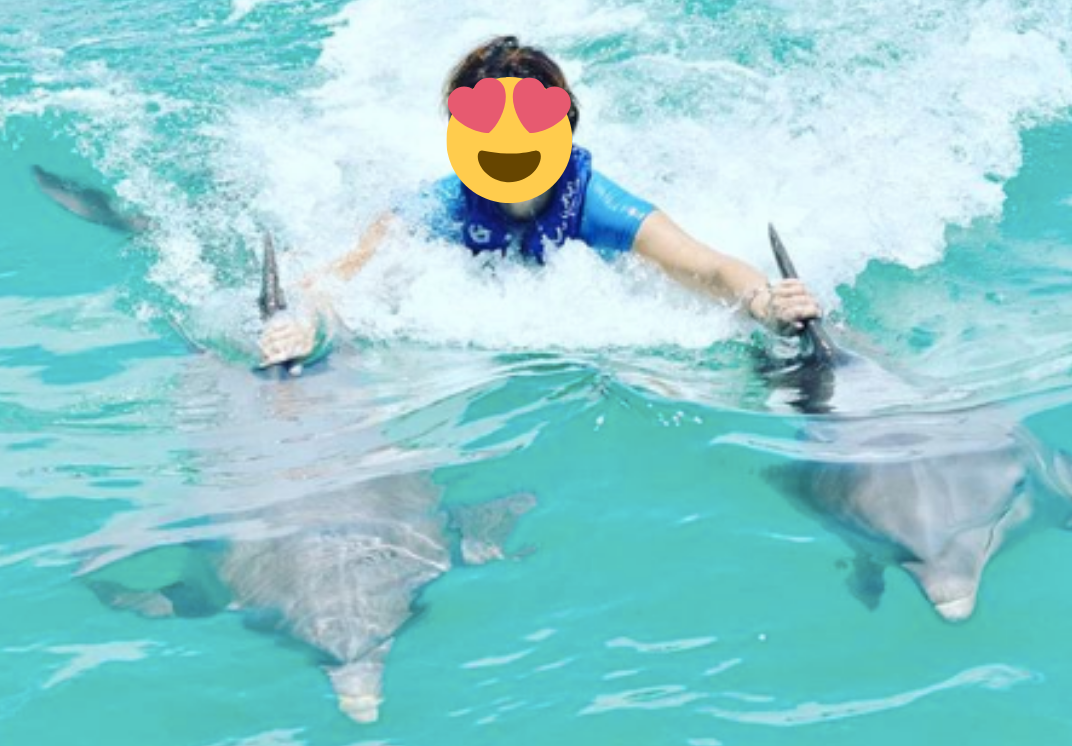Animal Tourism + How You Can Support Ethical Animal Encounters

Though many of us love wild animals, we may be contributing to animal exploitation without even realizing it through animal tourism. Animal abuse happens in every country, in every culture around the world and animal exploitation is growing in the travel industry. It may be happening in your community without you even realising it. It's important that we all continue to raise awareness about it, avoid it and put an end to supporting it where we can.
Animal tourism is a very extensive topic to cover, but I'll try my best! I have also included a number of resources for further reading. These resources that may help you decide on whether you will visit or support a tour or experience that includes wild animals on your next trip. I believe that through continued awareness and supporting ethical encounters, we can help put an end to exploitative animal tourism around the world.
This post is part of an ethical tourism mini series that I shared to celebrate #WorldWildlifeDay. This series also includes THE BARBADOS GREEN MONKEY.
Animal Tourism: Learning from my own mistakes
I bawled my eyes out when I first read his report by National Georgraphic, “Suffering unseen: The dark truth behind wildlife tourism” It’s a really difficult report to read, not only because it talks about wild animal tourism in great detail, but because the sheer volume of animal attractions, tours and events that are exploiting animals around the world is really overwhelming. The best we can do is continue to raise awareness, avoid it and put an end to supporting it where we can.
I'm not here to shame anyone - I have contributed to this issue myself. I rode an elephant in South East Asia in 2010. At the time I did not realise that I was supporting a very brutal, lucrative form of animal exploitation. It's embarrassing for me to admit, but I had no idea that elephants were subjected to such physical and mental trauma, known as "the crush".

Animal Tourism + the perfect selfie
Unfortunately, there's still so much work to be done and awareness to be raised. If anything, social media has fuelled the issue of animal exploitation. A quick search on social media will show you that thousands of people are contributing to various forms of animal abuse and exploitation. Amongst the 34 billion images posted by 700 million people on Instagram, there are tens of thousands of wild animal selfies. These photos capture a moment of shareable joy for people, but the stress and suffering that these animals is often left out of the frame. Many people envy friends who post selfies of themselves hugging or holding wild animals, which sadly encourages more people to take their own photos. [Source]

"Sanctuaries" and tours are becoming even better at tricking you in to thinking that it's ethical. Many offer humane, up-close wild animal encounters such as swimming with dolphins and bathing elephants. World wide, companies are looking to turn a profit and don’t have animals’ best interests at heart.
A simple rule to follow is: “If you can hug it, or if you can have a selfie taken with it, then there’s a good chance that animal has suffered from cruelty.” - World Animal Protection

Animal Encounters to Avoid:
- Swimming with dolphins in aquariums and 'dolphin parks'.
- Animal parks where animals are kept in an artificial environment, with no plans to rehabilitate them. These include SeaWorld and many zoos.
- Any attraction where animals are forced to perform, such as circuses.
- Riding elephants, camels, donkeys.
- Horse drawn carriages.
- Dog sledding.
- Hugging sloths.
- Touching starfish and rays - Yes! Starfish are living creatures who are affected by the oils in our skin, as well as sunblock. Don't touch or move starfish.
- Shark Cage diving - why not try scuba diving with sharks instead?
- Feeding wild animals (including the Barbados green monkey and the Barbados sea turtles)
- See a full list of tours and interactions to avoid, highlighted by the ABTA.
Animal Encounters to Support:
- Legitimate animal sanctuaries, as listed by the Sanctuary Federation.
- Safaris
- Trekking
- Whale watching
- Dolphin watching
- Scuba diving, freediving and swimming with dolphins and whales.
Here are guidelines and tips that outline how you can further support ethical animal welfare around the world:
- Support animal conservation and animal rights groups in your country and the countries which you visit. In Barbados that includes Barbados RSPCA, ROAR (Respect our Animal Regulations), HORSE Charity Barbados and Barbados Sea Turtle Project.
- Avoid entertainment and interactions that include ANY animals. If an animal is doing something it would never normally do in the wild, it has probably suffered for your entertainment. This includes: riding elephants, swimming with dolphins, swimming with manta rays (and touching them).
- Try to take photos from afar of an animal in its natural habitat. This includes picking up starfish in the sea.
- Although a ‘sanctuary’ may look popular and have a lot of great reviews online, it may be a scam. Research wildlife sanctuaries, rescue and rehabilitation centres through the Sanctuary Federation.
- PETA (People for the Ethical Treatment of Animals): "How to Tell if a Place Is a REAL Animal Sanctuary"
- You can now report attractions that aren't treating animals well on TripAdvisor. They are working hard to improve animal encounters across the world, including Barbados.
- The Coalition for Ethical Wildlife Tourism: committed travel industry leaders from across the globe working to end cruel wildlife entertainment.
- Responsible Travel's shares their stance on wildlife tourism, which I found to be really insightful.
- I personally also recommend supporting accommodations and businesses that support local wildlife advocacy groups, and also do their best to mitigate their impact on wild animals in their country. A great example of this is hotels that use sea turtle friendly lights and support the efforts of conservation groups such as Barbados Sea Turtle Project.
The Five Freedoms – Best Practice Standards for Animals in Tourism
The ABTA – The Travel Association applied these The Five Freedoms to tourism in the Global Welfare Guidance for Animals in Tourism.
The ABTA Global Welfare Guidance for Animals in Tourism state that animals must enjoy the following basic freedoms:
- Good Feeding. Animals must be free from prolonged hunger or thirst.
- Good Housing. Animals’ living environment must provide ease of movement for its inhabitants. Animals must also have comfortable areas to rest and temperatures that are suitable for their needs.
- Good Health. Animals must be free from injury or disease. Animals must be free from pain.
- Freedom of Expression. Animals should display a positive emotional state, good relationships with their human carers, and be able to express behaviours that are natural to them.
- Protection From Fear. The animals must be free from fear, distress and apathy. Animals should have the ability to seek privacy and refuge away from humans, and be free from any surgical or physical modifications resulting from anything other than genuine medical treatment.
I feel really strongly about using the platform that I have to talk about issues that I am passionate about. Ethical tourism is one of those issues. I’d love to hear about your experience with ethical animal encounters and any further resource. Share your story in the comments below!
